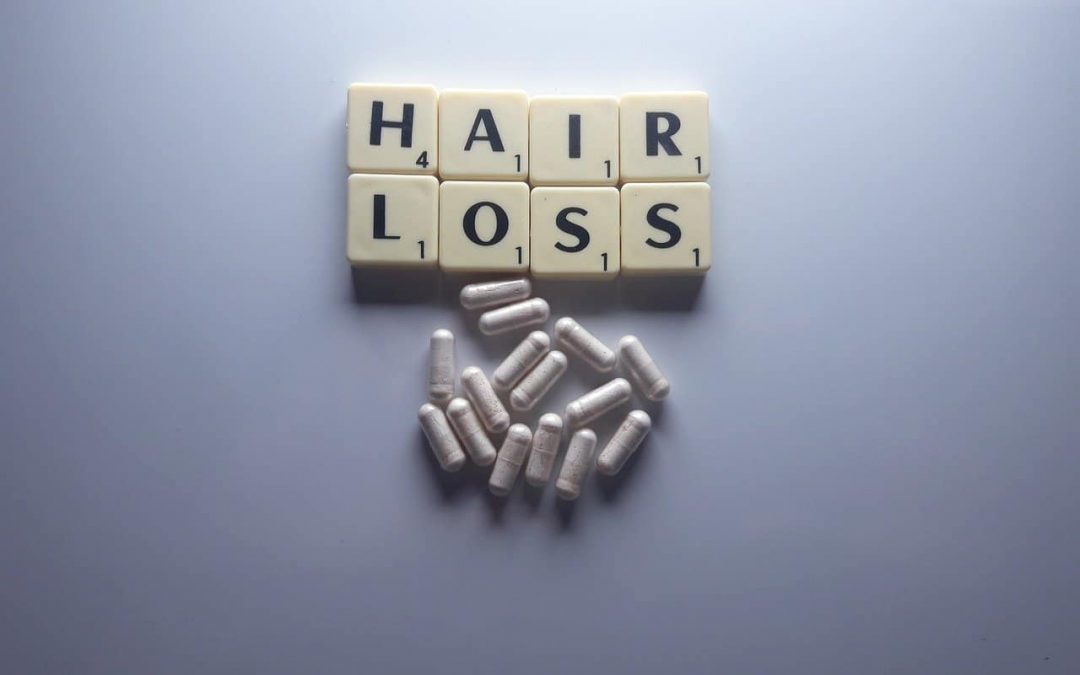Melatonin, which is produced naturally in the brain, has been proven to have a host of potential health benefits. This hormone helps our body to regulate sleep patterns and may help reduce stress levels as well. Nowadays, melatonin supplements are readily available over the counter. They can be purchased at drug stores, pharmacies, and online.
The general consensus is that taking melatonin is a quick and easy way to improve our sleep quality and increase feelings of relaxation. There is also some evidence that melatonin may help to reduce anxiety.
How does melatonin help with anxiety? And how to use melatonin to treat anxiety disorders? Answers will be provided throughout this article!
Contents
What Is Melatonin?
Melatonin is a hormone that the body produces to help regulate sleep. It is secreted by the pineal gland when darkness falls. Melatonin helps regulate sleep cycles and induce sleep by triggering a process called “sleep onset REM” which prevents the person from waking up too soon. Melatonin also controls the body’s internal clock by telling the body to get up and start producing hormones for waking.
Melatonin has been a great anti-anxiety drug for centuries. This is probably because it helps to induce sleep. And like many other anti-anxiety drugs, melatonin also increases the release of endorphins from the pituitary gland. It is a general “feel good” drug.
What Is Anxiety?
Anxiety disorder is a mental health condition that is characterized by excessive and persistent worry and fear. Symptoms of anxiety disorder can include restless sleep, irritability, muscle tension, headaches, and nausea. People with an anxiety disorder may also experience chest pain, shortness of breath, or a racing heart.
Some people with an anxiety disorder may avoid certain situations or places out of fear of having a panic attack. It is a reaction to stress which occurs when we feel threatened, overwhelmed, worried, or out of control.
Anxiety disorder is often treated with a combination of psychotherapy and medication.
How does Sleep impact our mental health?
Sleep is essential for our mental health and well-being. It helps us to consolidate memories, process information, and recharge our brains. When we don’t get enough sleep, we can become irritable, moody, and exhausted. We may also find it difficult to focus and concentrate, and our cognitive skills may decline.
Poor sleep can also lead to anxiety and depression. Many people with anxiety report sleeping poorly and feeling overwhelmed. Sleep deprivation can result in extreme fatigue, which can make it difficult to process information and make decisions. Too little sleep can also contribute to headaches and low energy levels.
Sleep is incredibly important for our mental health. It’s during sleep that our brains produce melatonin, which is a hormone that helps regulate our moods and keep us feeling calm and happy. It’s also during sleep that our bodies rejuvenate, helping us to recover from the stresses of day-to-day life.
Does Melatonin help with Anxiety?
There are many benefits of melatonin for anxiety. Melatonin is a hormone that is produced in the brain by the pineal gland that regulates the natural sleep-wake cycle. It is released in response to darkness and inhibits the release of the hormone cortisol. Cortisol is a stress hormone that is released in response to fear or anxiety.
Melatonin supplements are sometimes recommended as a natural treatment for anxiety. Some people believe that melatonin can help to reduce anxiety symptoms.
Types of Anxiety Disorders That can be Treated With Melatonin
There are a few different types of anxiety disorders that can be treated with melatonin. These include:
Generalized Anxiety Disorder
There is some evidence that melatonin may be helpful in reducing symptoms of generalized anxiety disorder. In a small open-label study of 24 patients with generalized anxiety disorder, those who received oral melatonin 0.5 mg at bedtime experienced a significant reduction in evening anxiety and sleep disturbance compared to baseline during the 8-week trial. However, more research is needed to confirm this potential benefit.
Social Anxiety Disorder
Social anxiety is when people feel uncomfortable in social settings. Studies have found that short-term melatonin administration may reduce the anxiety people experience during social interactions. In a double-blind, placebo-controlled trial, 29 patients with social anxiety disorder received either melatonin or placebo for 3 weeks. Compared to the placebo, melatonin resulted in significantly greater improvement in social anxiety and less drowsiness.
Another study found that 8 weeks of nightly melatonin administration to adolescents with social anxiety resulted in improvements in social anxiety symptoms and self-reported drowsiness compared to placebo.
Panic Disorder
Panic disorder is a mental health condition that is characterized by recurring panic attacks. Panic attacks are sudden episodes of intense fear that can include symptoms such as chest pain, heart palpitations, shortness of breath, dizziness, or abdominal discomfort. These symptoms can lead to feelings of terror and dread that can be disabling.
Based on limited research, it appears that melatonin may reduce symptoms of panic disorder. In a double-blind, placebo-controlled trial, 40 patients with panic disorder received either melatonin or a placebo. Patients receiving melatonin reported significantly greater improvements in panic symptoms than those receiving placebo.
How to Take Melatonin for Anxiety?
The dosage of melatonin varies depending on the reason for taking it. The manufacturer provides suggestions on how to use melatonin at various doses, but it is always best to consult with your doctor before beginning any supplement regimen.
As for taking melatonin for anxiety, there is no one-size-fits-all answer to this question. The best way to take melatonin for anxiety may vary depending on the individual. However, some tips on how to take melatonin for anxiety include starting with a low dose and gradually increasing it as needed, taking it before bedtime, and avoiding caffeine and other stimulants before bed.
If you are considering taking melatonin for anxiety, speak with your doctor first. Melatonin is a hormone and can interact with other medications. Your doctor can help you determine if melatonin is a good option for you and how much to take.
Related articles: 8 Best Supplements and Vitamins for stress and anxiety
Other Benefits of Melatonin Supplements
Melatonin supplements offer a variety of other benefits in addition to treating anxiety. These benefits include:
Melatonin can help with insomnia and other sleeping disorders
Insomnia is a sleep disorder that is characterized by difficulty falling or staying asleep. Melatonin is a hormone that is naturally produced in the body and is responsible for regulating sleep which makes it effective in treating insomnia and other sleeping disorders.
Melatonin can improve mood and cognitive function during the day
In one study, researchers found that taking melatonin improved mood and cognitive function during the day. They believe that this is because melatonin helps to regulate the body’s natural circadian rhythm.
Melatonin can help prevent jet lag or adjust it to be more effective
Jet lag is a condition in which a person experiences an abnormal shift in time relative to the external environment, such as traveling across several time zones. In one study, researchers found that taking melatonin helped to alleviate jet lag by helping to regulate the body’s internal circadian rhythm.
Side Effects and Risks of Melatonin supplements
Side effects of melatonin include stomach discomfort, headache, dizziness, drowsiness, and confusion. Use caution when driving or engaging in other activities requiring alertness until these effects wear off. Do not take melatonin if you are pregnant.
Conclusion
Many people use melatonin as a natural remedy for anxiety, but there is still not enough evidence to support its effectiveness. There are many factors that can contribute to anxiety, and it’s important to look at all of them before taking melatonin as a treatment option. However, the combination of relaxation techniques and melatonin may help some people manage their anxiety.
Read more about:
Can You Take Melatonin on Keto?
How Long Does Melatonin Last: Tips and Tricks to Ensure Optimal Sleep











0 Comments